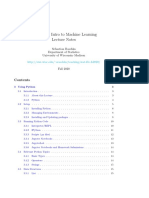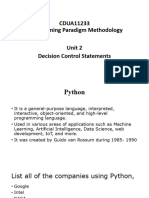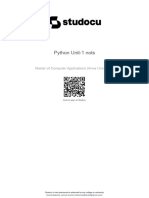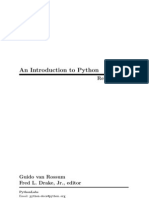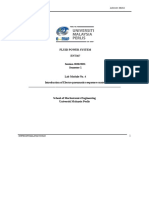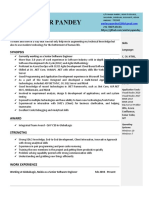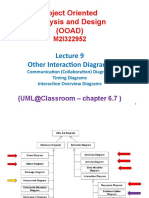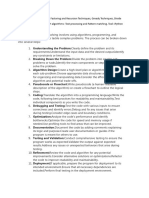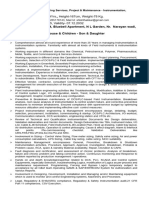0% found this document useful (0 votes)
100 views32 pagesLecture 01
This document outlines the syllabus for Dr. David Koop's Programming Principles in Python (CSCI 503/490) course at the University of Colorado Boulder for Spring 2023. The course will introduce students to programming principles using the Python programming language. Students will learn Python fundamentals, libraries, and best practices. Assignments, tests, office hours, and course materials are also outlined.
Uploaded by
damasoCopyright
© © All Rights Reserved
We take content rights seriously. If you suspect this is your content, claim it here.
Available Formats
Download as PDF, TXT or read online on Scribd
0% found this document useful (0 votes)
100 views32 pagesLecture 01
This document outlines the syllabus for Dr. David Koop's Programming Principles in Python (CSCI 503/490) course at the University of Colorado Boulder for Spring 2023. The course will introduce students to programming principles using the Python programming language. Students will learn Python fundamentals, libraries, and best practices. Assignments, tests, office hours, and course materials are also outlined.
Uploaded by
damasoCopyright
© © All Rights Reserved
We take content rights seriously. If you suspect this is your content, claim it here.
Available Formats
Download as PDF, TXT or read online on Scribd
/ 32




































